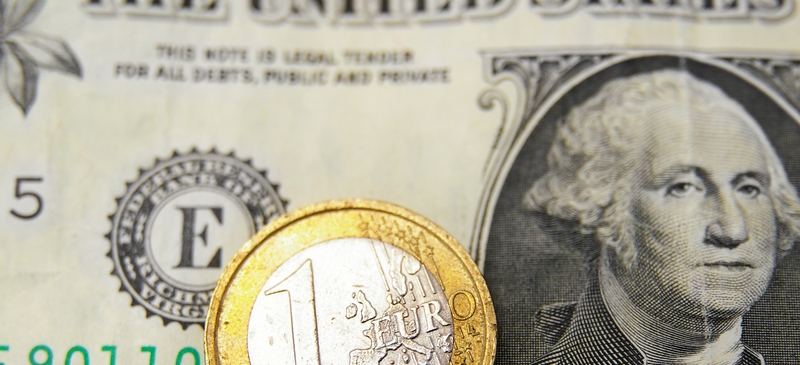
Time for the Export-Weltmeister to start consuming
by Simon Tilford
Too many Europeans are blaming the US for the economic slowdown in Europe, as if everything would have been fine if only the Americans were not so irresponsible. This is complacent. The European economy would have faced a tricky rebalancing irrespective of the credit crisis. It is not sustainable for one group of EU economies to provide a disproportionate share of EU domestic demand while others run ever bigger current account surpluses.
Europeans are right to highlight the fact that the EU economy is a comparable size to the US one. However, European policy-makers and central bankers are on somewhat shakier ground when they queue up to claim that the EU economy is fundamentally more balanced that its US counterpart. Europeans should ask themselves the following question: would a US economy growing at the same pace as the EU economy did in 2007 be as easily rattled by a financial crisis in Europe and fall in the value of the euro as the European economy has been by the credit crisis in the US and the fall in the dollar? The answer is clearly no.
The European economy as a whole has become more flexible in recent years. Labour markets are now more efficient, employment rates (those employed as a percentage of the working age population) are up and many product markets are now much more competitive. These developments have helped accelerate the diffusion of new technologies. However, a look at the structure of EU economic growth demonstrates why the current recovery is so fragile, and why Europeans are wrong to focus so strongly on external shocks for explanations.
The UK and Spain, but also France and the new member-states have accounted for a very large share of the growth in EU domestic demand this decade. Consumption in these economies has grown more rapidly than output. The result has been a steady increase in their current account deficits. Spain’s hit an estimated 9 per cent of GDP in 2007, the UK’s 4 per cent, whereas deficits in Italy and France were around 2.5 per cent 1.5 per cent respectively. External deficits across the new member-states are big, in some cases startlingly so.
Over this period, another group of member-states led by Germany, but also including the Netherlands and Sweden, have seen their output expand much more rapidly than domestic consumption, with the result that their surpluses have ballooned. Germany’s and Sweden’s stood at 6 per cent of GDP in 2007, and that of the Netherlands was 7 per cent. Much of the rise in their combined surplus since 2000 has been with other members of the EU. In effect, these economies have been a huge drag on the European economy, and have not been, as they are sometimes erroneously portrayed, drivers of economic growth.
Economies cannot rely indefinitely on exports for economic stimulus, as other economies cannot run huge deficits indefinitely. A number of the countries that have generated strong growth in domestic demand must now rebalance their economies. The construction boom in Spain that has done so much to drive investment and private consumption in that country has ended and will depress Spanish consumption, perhaps for many years. For its part, the build-up of debt that contributed considerably to the strong performance of the UK economy in recent years has now run its course. France and Italy are in no position to take up the slack, not least because of their weak fiscal positions but also because they need to hold down wage settlements in order to prevent any further loss of competitiveness to the Germans. Neither are the new member-states, whose imbalances are starting to attract the attentions of the financial markets.
The countries that have relied on exports to the rest of the EU for a big chunk of their overall growth are going to have to rebalance and contribute to EU growth rather than being a drag on it. The prospects are not good. For example, for years German economists and politicians have been saying that Germany needed to regain competitiveness by ruthlessly holding down costs. This, they argued, would boost exports and feed through into investment and jobs. There has been a pick-up in investment and expansion of employment, but both remain vulnerable to a downturn in external demand because there has been no recovery in consumption. German private consumption actually fell in 2007 and domestic demand grew at half the pace of GDP. German real wages are likely to rise this year for the first time since 2003, but consumer confidence remains exceptionally low.
The EU needs to recognise that one of its core economic challenges is the excessive dependence of Germany and a number of other economies on exports to drive growth. The growth strategies of these countries should not be held up as examples for others to emulate. A huge current account surplus does not necessarily indicate an economy is ‘competitive’. It can also point to the weakness of domestic demand.
Simon Tilford is chief economist at the Centre for European Reform.
